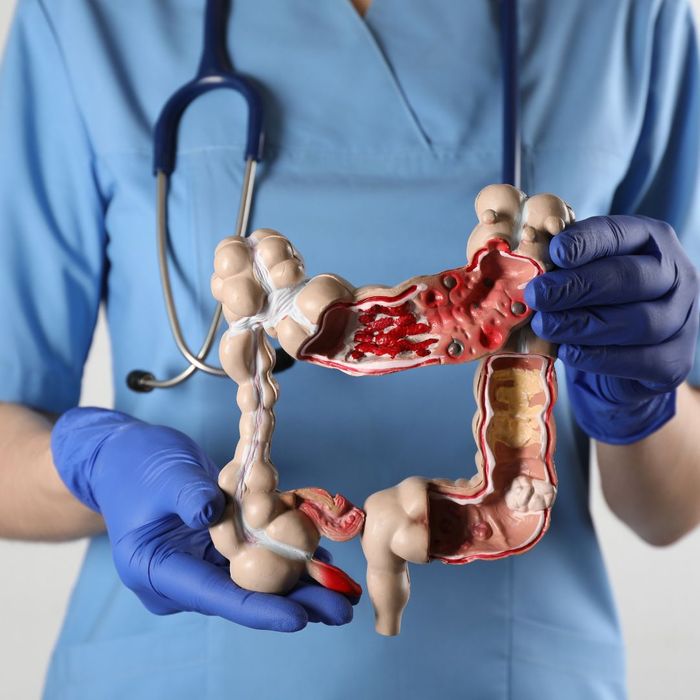As part of our commitment to promoting colon health and preventing colon cancer, Northeastern Gastroenterology Associates is here to provide you with valuable tips to talk to your family members about colonoscopy screenings. Colon cancer is a serious and potentially life-threatening condition, but with regular screenings, it can be detected early and treated effectively. Below, we outline some key tips to help you start the conversation.
Tips To Talk To Family Members About Colonoscopy Screenings
Tips To Talk To Family Members About Colonoscopy Screenings

Educate Yourself
Before initiating the conversation, arm yourself with essential information about colon cancer and colonoscopy screenings. Understand the risk factors, warning signs, and statistics associated with colon cancer. Familiarize yourself with the colonoscopy procedure and its importance in early detection. Your knowledge will instill confidence when discussing the topic with your family members.

Choose the Right Time and Place
Find a relaxed and private environment where everyone can openly communicate. Ensure that everyone involved is in a calm and receptive state of mind. Avoid discussing the topic during family gatherings or special occasions when emotions may be heightened.

Express Concern
Approach the conversation with genuine concern for the well-being of your family. Express your worries regarding the potential risks and consequences of undetected colon cancer. Highlight the fact that colonoscopy screenings are a proactive step towards preventive healthcare and can significantly increase the chances of early detection, which improves treatment outcomes.

Share Personal Experiences
If you have personally undergone a colonoscopy, share your own experience with your family members. Describe the procedure, the preparation involved, and the overall peace of mind it brings. Personal anecdotes often have a powerful impact and can help ease any concerns or anxieties your family members may have.

Address Common Misconceptions
Break any myths or misconceptions surrounding colonoscopies. Some people may have unfounded fears about the procedure or discomfort. Reassure your family members that advancements in medical technology have made the procedure safe and relatively pain-free. Emphasize the potential life-saving benefits of early detection.
Initiating a conversation about colonoscopy screenings may seem challenging, but it is essential for the well-being of your family members. Remember, preventive actions such as colonoscopy screenings can make all the difference in detecting and treating colon cancer at an early stage. Don't hesitate to take action and spread awareness within your family circle for a healthier future.
